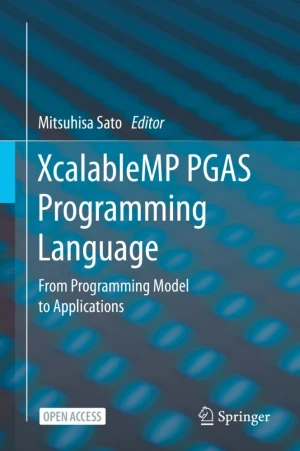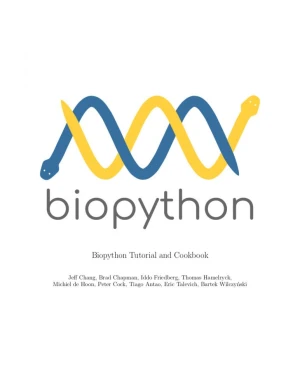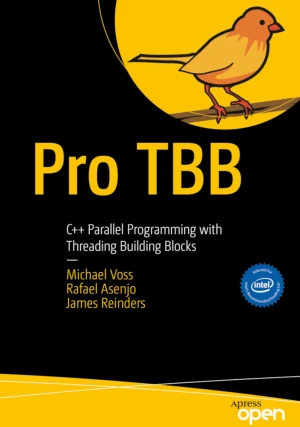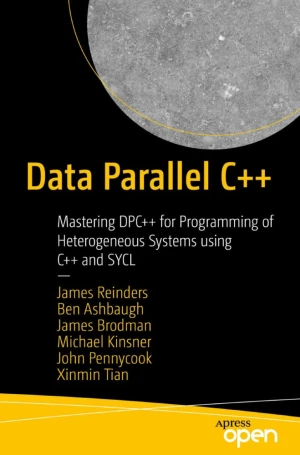Is Parallel Programming Hard, And, If So, What Can You Do About It?, 2nd Edition
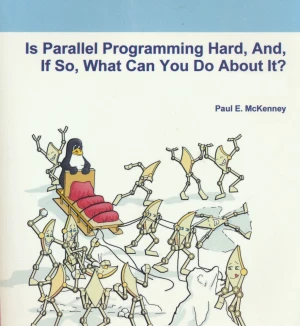
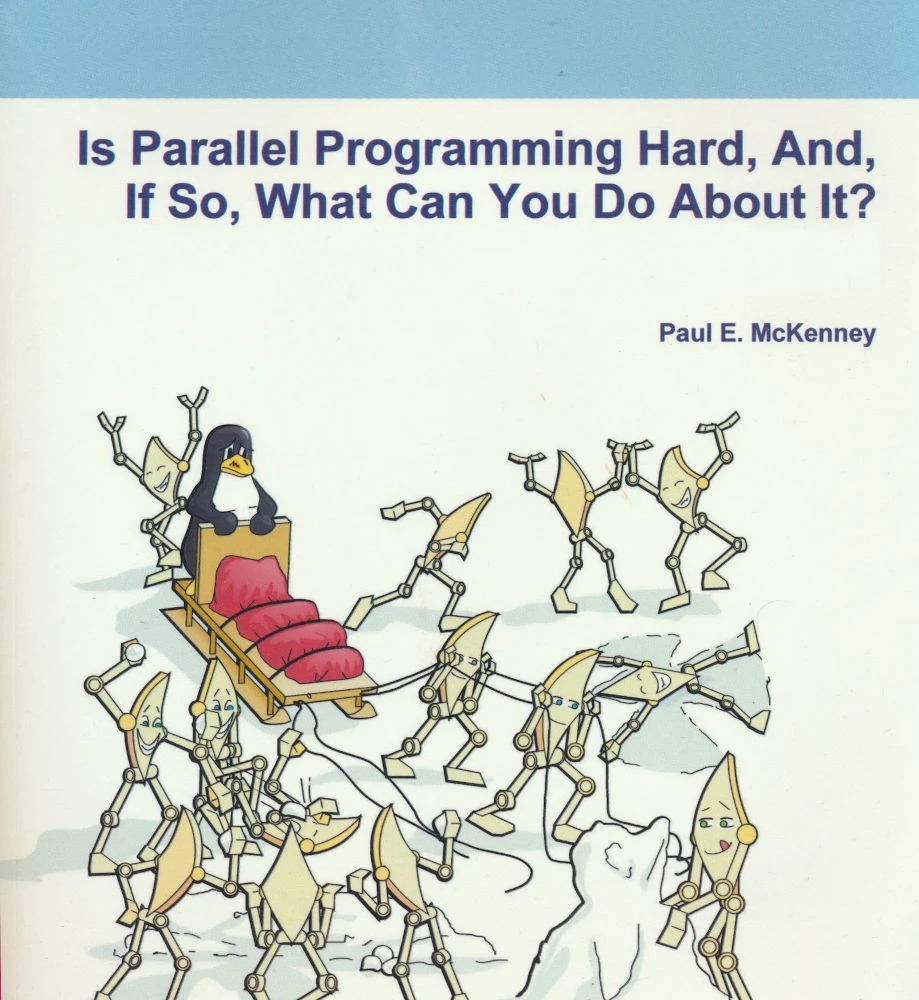
Book Details
| Author | Paul E. McKenney |
| Published | 2021 |
| Edition | 2nd |
| Paperback | 601 pages |
| Language | English |
| License | GNU General Public License |
Book Description
The purpose of this book is to help you program shared-memory parallel systems without risking your sanity. Nevertheless, you should think of the information in this book as a foundation on which to build, rather than as a completed cathedral. Your mission, if you choose to accept, is to help make further progress in the exciting field of parallel programming-progress that will in time render this book obsolete.
Parallel programming in the 21st century is no longer focused solely on science, research, and grand-challenge projects. And this is all to the good, because it means that parallel programming is becoming an engineering discipline. Therefore, as befits an engineering discipline, this book examines specific parallel-programming tasks and describes how to approach them. In some surprisingly common cases, these tasks can be automated.
This book is written in the hope that presenting the engineering discipline underlying successful parallel-programming projects will free a new generation of parallel hackers from the need to slowly and painstakingly reinvent old wheels, enabling them to instead focus their energy and creativity on new frontiers. However, what you get from this book will be determined by what you put into it. It is hoped that simply reading this book will be helpful, and that working the Quick Quizzes will be even more helpful. However, the best results come from applying the techniques taught in this book to real-life problems. As always, practice makes perfect.
But no matter how you approach it, we sincerely hope that parallel programming brings you at least as much fun, excitement, and challenge that it has brought to us!
This book is available under the GNU General Public License (GPL), which means that you are free to use, share, and modify it, including for commercial purposes, as long as you keep it open-source, disclose the source code of any derivatives, and distribute your changes under the same license.
If you enjoyed the book and would like to support the author, you can purchase a printed copy (hardcover or paperback) from official retailers.
Download and Read Links
Share this Book
[localhost]# find . -name "*Similar_Books*"
XcalableMP PGAS Programming Language
XcalableMP is a directive-based parallel programming language based on Fortran and C, supporting a Partitioned Global Address Space (PGAS) model for distributed memory parallel systems. This open book presents XcalableMP language from its programming model and basic concept to the experience and performance of applications described in XcalableMP.�
Biopython: Tutorial and Cookbook
Biopython is a collection of freely available Python modules for computational molecular biology. Python is an object oriented, interpreted, flexible language that is widely used for scientific computing. Python is easy to learn, has a very clear syntax and can easily be extended with modules written in C, C++ or FORTRAN. Since its inception in 200
Help! My Computer is Broken
Want to know how to fix common computer problems, without having to wade through technical jargon? Or are you the family on-call technical support person, and need a bit of help? Help! My Computer Is Broken takes the most common computer problems and tells you how to fix them. It's as simple as that! If you've ever wondered why your laptop won't tu
Pro TBB
This book is a modern guide for all C++ programmers to learn Threading Building Blocks (TBB). Written by TBB and parallel programming experts, this book reflects their collective decades of experience in developing and teaching parallel programming with TBB, offering their insights in an approachable manner. Throughout the book the authors present
Data Parallel C++
Learn how to accelerate C++ programs using data parallelism. This open book enables C++ programmers to be at the forefront of this exciting and important new development that is helping to push computing to new levels. It is full of practical advice, detailed explanations, and code examples to illustrate key topics. Data parallelism in C++ enables
Microsoft Office 365
Office 365 is Microsoft's smart and simple answer to cloud computing. Using the various programs in Office 365, you can do all the tasks you're used to doing in your favorite Office applications - write documents, create presentations, check email, manage your calendar, crunch numbers, and more - and then share what you create in real time on a tea

